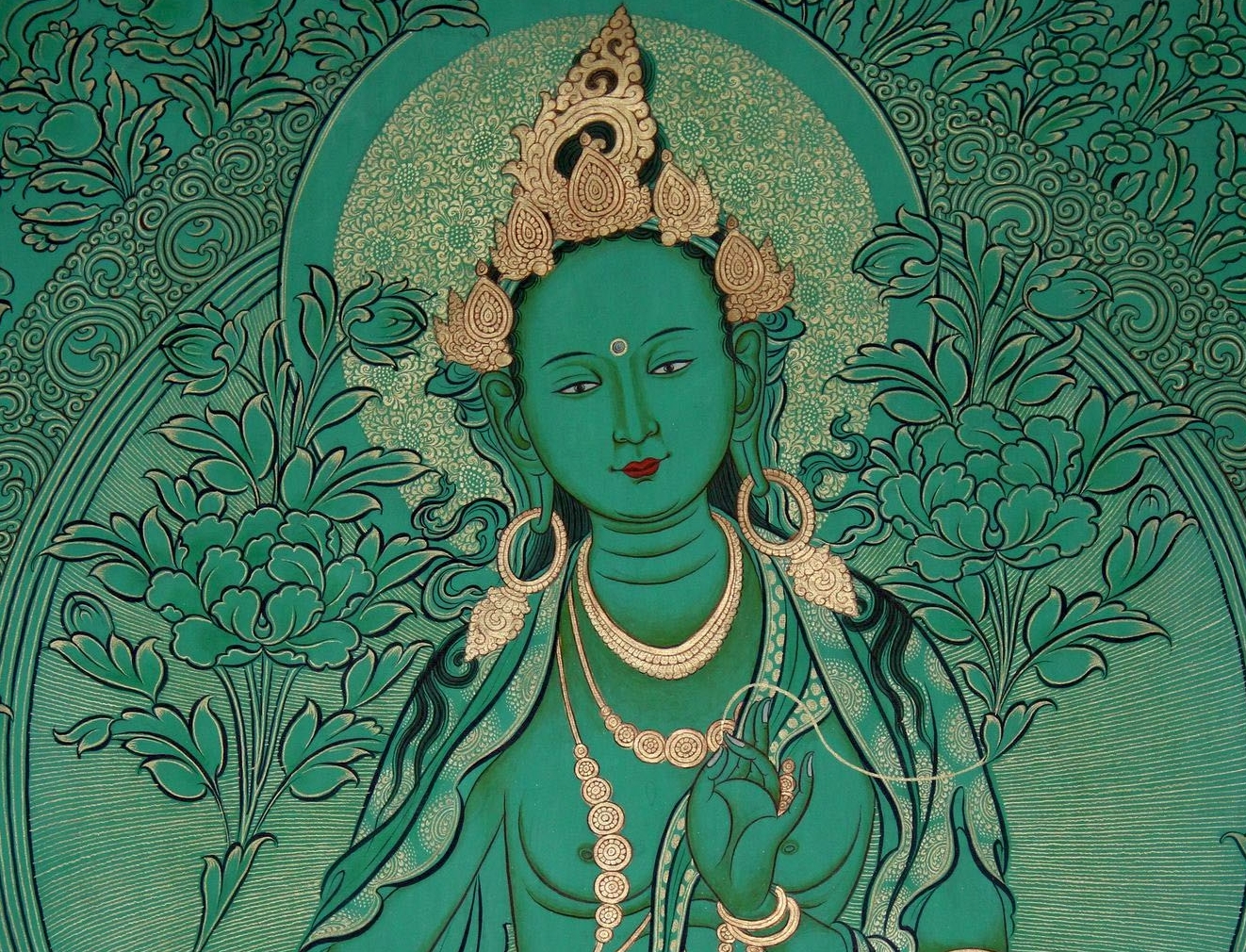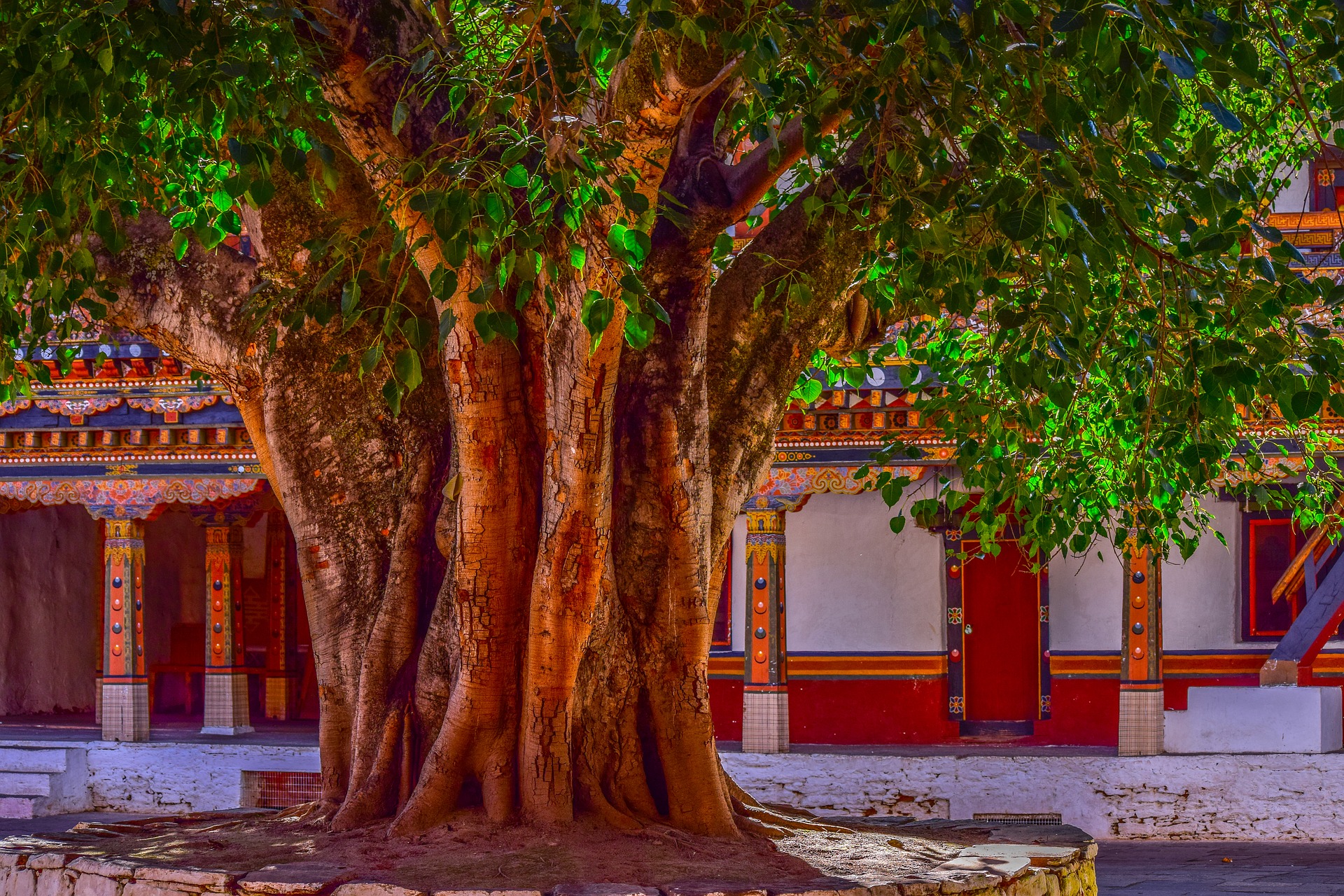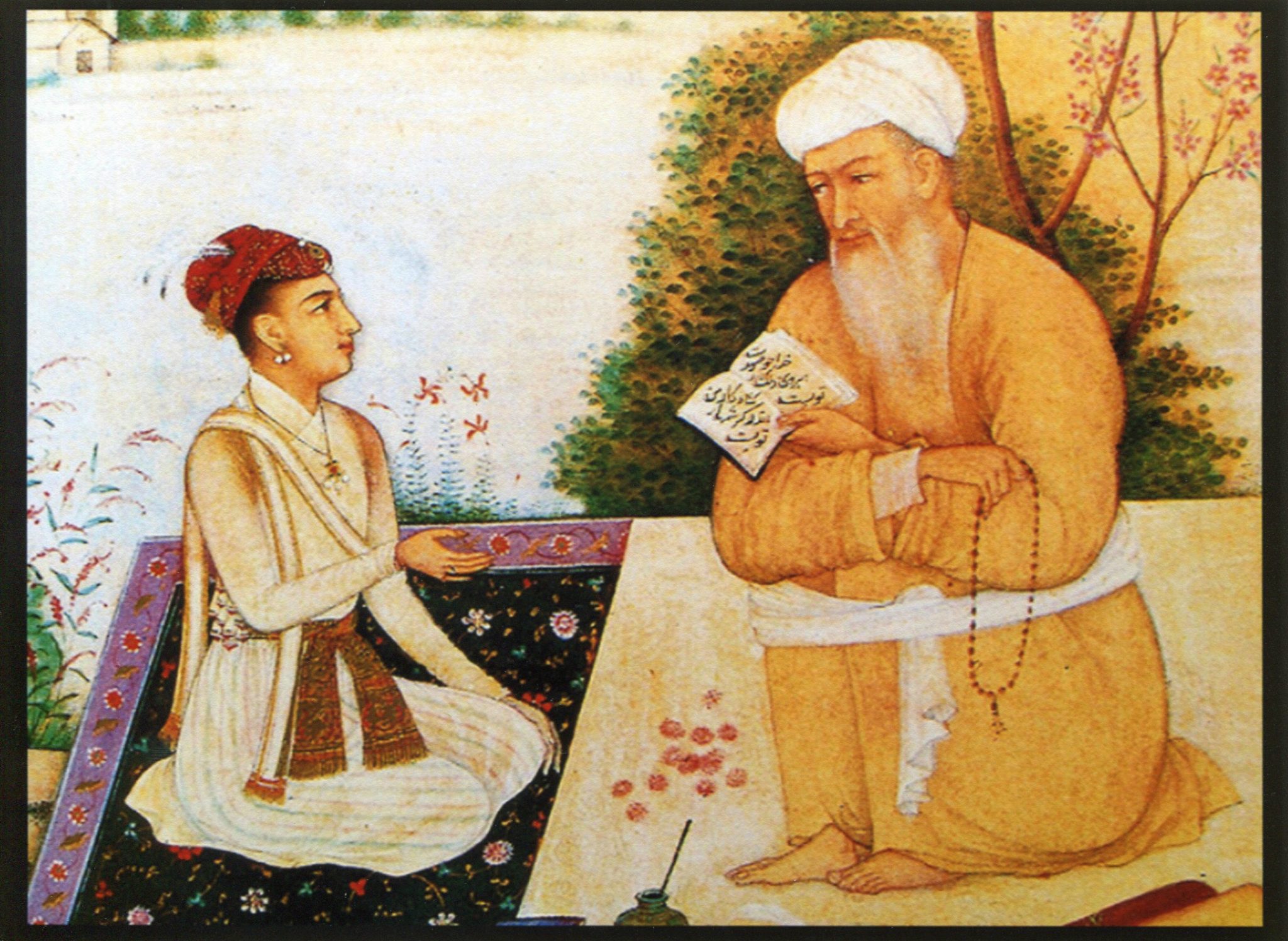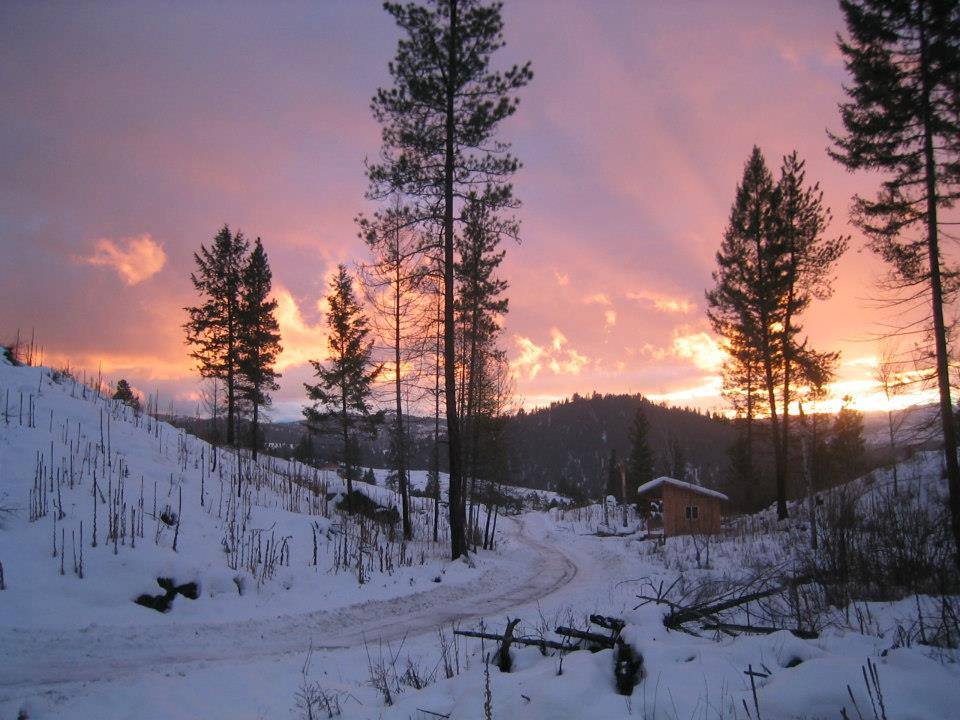IN PRAISE OF TARA
Jason Espada read his exquisite poetry in praise of Tara, the female buddha of compassion:
Spiritual beauty bringing light, giving hope, removing obstacles, calming fear, pacifying suffering, and protecting, bringing harmony to every surrounding circumstance, bringing life, health, happiness, good fortune, and stability.









